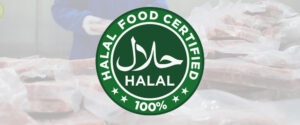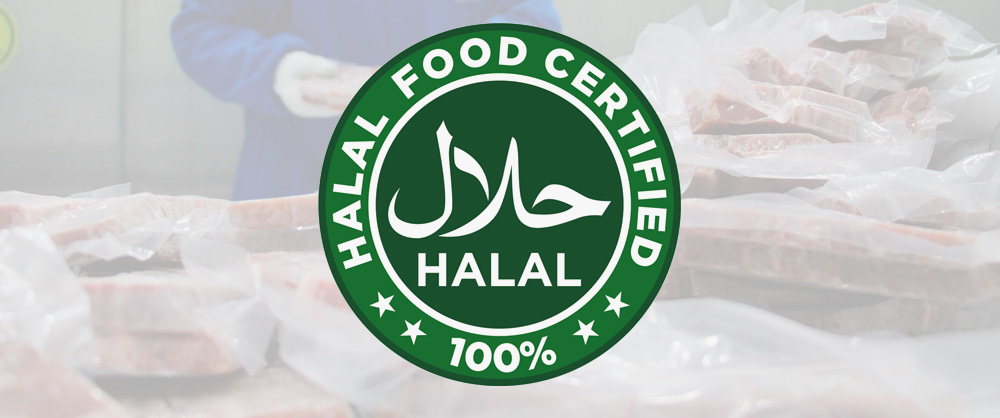The Halal Certification is an procedure which ensures that products and services are in compliance with Islamic law. The word “halal” is derived from the Arabic word “halal” (Hll), which means lawful or permissible. When it comes to food, it means foods that are permitted to Muslims to eat according to Islamic diet guidelines.

Halal certification is generally performed by independent third-party companies which are endorsed through Islamic scholars. These organizations ensure that products and services are in compliance with the strict standards in Islamic law.
Why is Halal Certification Important?
Halal certification is essential due to a variety of reasons.
- Religious Conformity: For Muslims, eating Halal-certified food is a requirement of the religion. Halal certification ensures that the products and services are in accordance with Islamic laws.
- Consumer Confidence Halal certification creates trust between companies and Muslim customers. It shows that businesses are dedicated to catering to the requirements that the needs of their Muslim customers.
- market access: The Halal certificate is crucial for businesses who wish to market their products and services to countries with a Muslim majority. Additionally, it helps businesses gain access to the expanding global market for halal.
- Qualitative Assurance: Halal certification typically requires strict quality control guidelines. This helps enhance the quality overall of the products and services.
What Products and Services Can Be Halal Certified?
A variety of products and services are halal certified, such as:
- Food items: The term “food” refers to meat seafood, poultry dairy items, processed food items and drinks.
- cosmetics, personal care products: These products must be free of substances that are considered haram (forbidden) within Islam like alcohol, pork products and animal products.
- pharmaceuticals They must also be devoid of ingredients that are considered to be haram in Islam.
- Financial Services The financial services industry, like insurance and banking are required to comply to Islamic law.
- Tourism The tourism services such as restaurants and hotels are required to meet the particular requirements of Muslim tourists.
The Halal Certification Process
The process for halal certification usually includes some of the steps below:
- Application businesses that would like to be certified as halal must apply to a halal-certified body.
- Audits: A halal auditor will conduct an audit of the company to determine if it is compliant with the standards in Islamic law. This might include examining the production facilities, examining ingredients lists, and talking to employees.
- Certificate: If the business fulfills the standards of Islamic law and is deemed to be in compliance, it will receive Halal certification.
The Benefits of Halal Certification for Businesses
There are numerous advantages for companies who obtain the halal certificate, which include:
- Greater Market share: The Halal Certification can aid businesses in tapping into the growing market for halal in the world.
- Better Brand Image: Halal certification can assist businesses build an image of their brand with Muslim customers.
- Improved Product Quality: Halal certification typically requires strict quality control standards which help enhance the quality overall of the products and services.
- Competitive advantage: Certification for Halal can provide businesses with a competitive edge over their competition.
The Challenges of Halal Certification
There are a variety of challenges that are associated with halal certification. These include:
- Price: The cost of getting halal certification may be substantial.
- Complications: The halal certification process is often complicated and lengthy.
- The absence of standardization There’s a lack of standardization within the industry of halal certification that can make it challenging for companies to navigate through the process.
The Future of Halal Certification
The halal industry is expanding quickly, and the need for halal-related products and services is predicted in the coming years to grow. The reason for this is a range of factors, such as the increasing Muslim populace, growing worldwideization of the food industry and the rising recognition of the importance of Halal to non-Muslims.
As the market for halal expands and expand, it is expected that the process of halal certification will be more uniform and efficient. It will be simpler for companies to get Halal certification, and will help ensure that customers can trust the products and services that they purchase.
In conclusion, halal certificate is a crucial process to ensure that products and services are in line with Islamic laws. It’s an excellent instrument for companies who want to gain access to the booming global market for halal and those who wish to be certain that they purchase products and services that are in line with their religious requirements.
